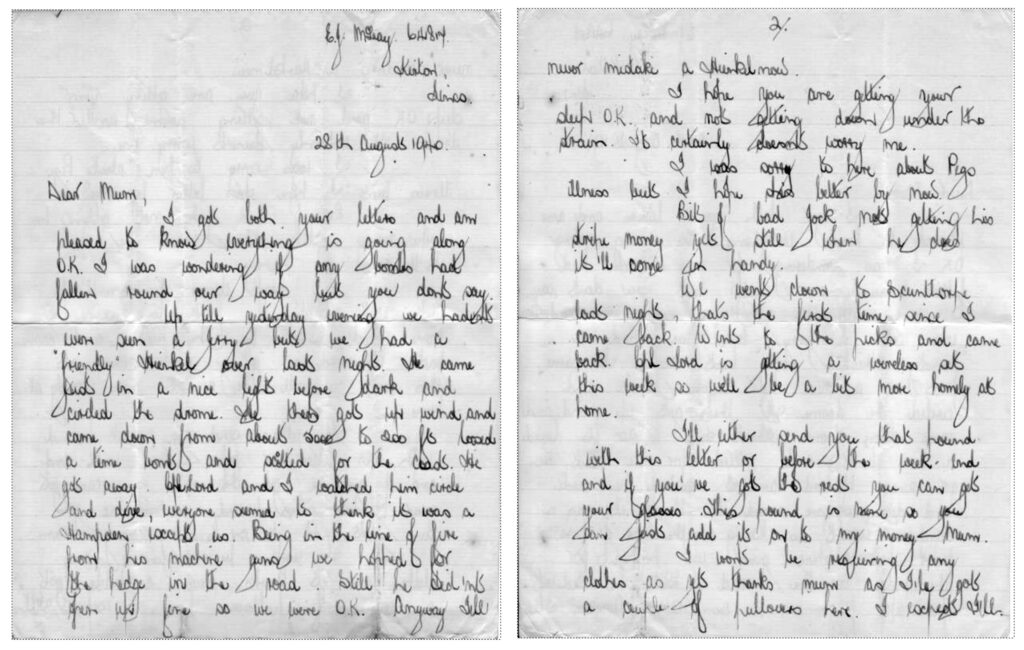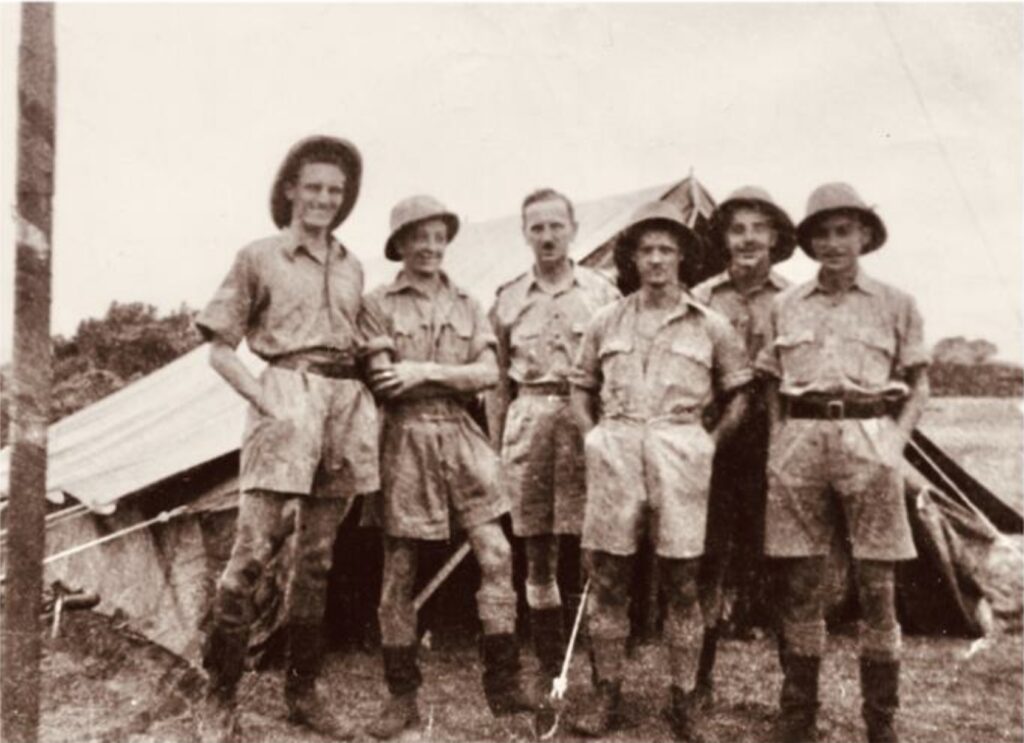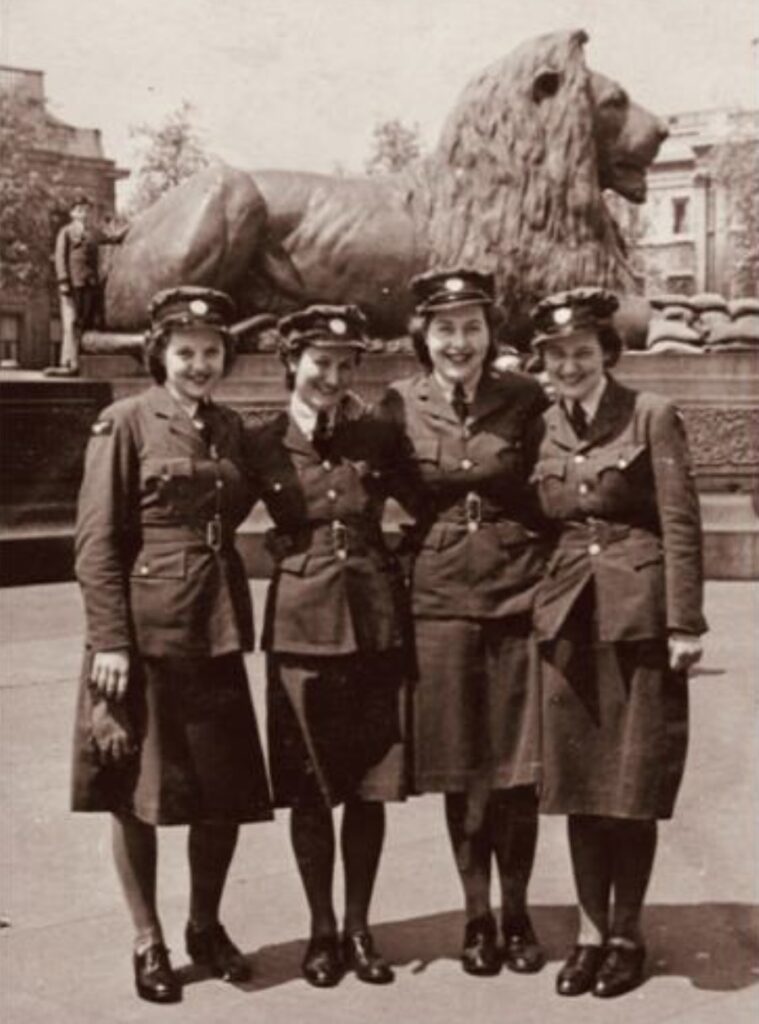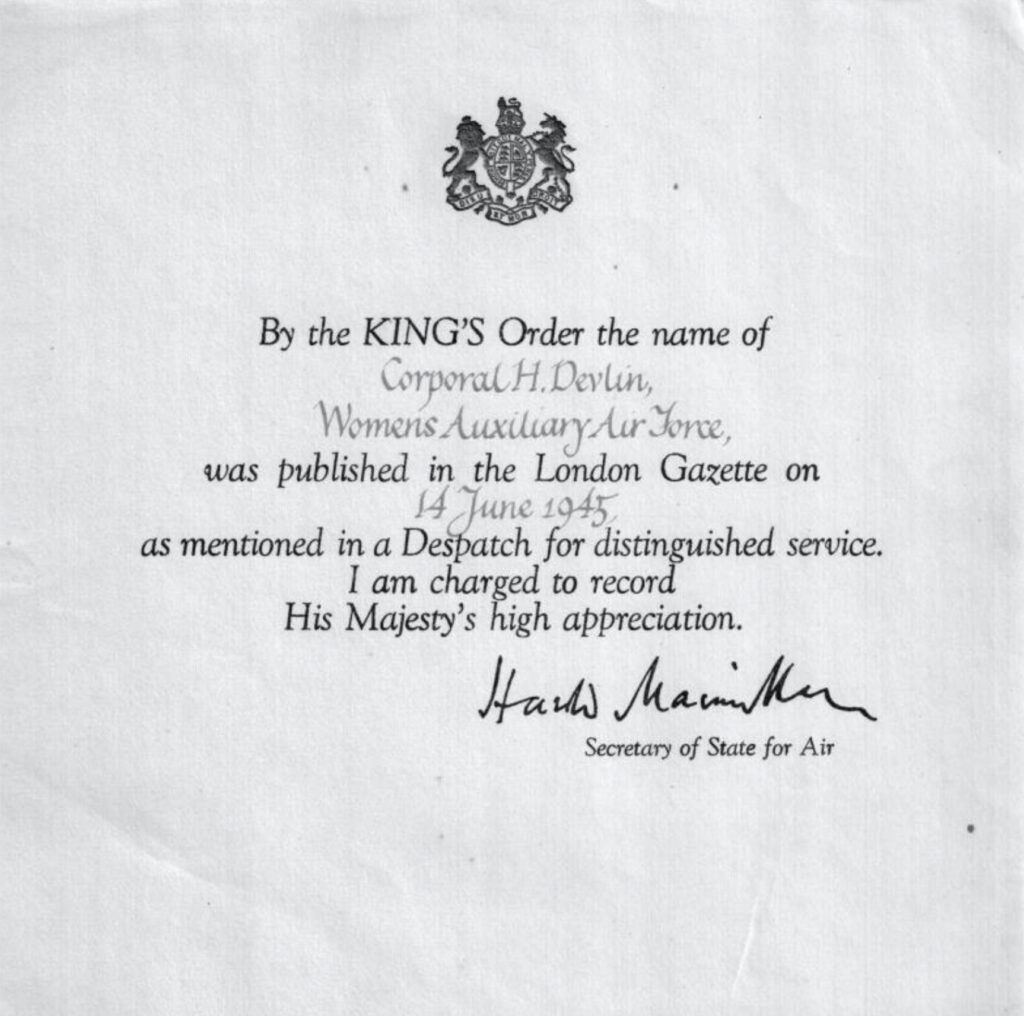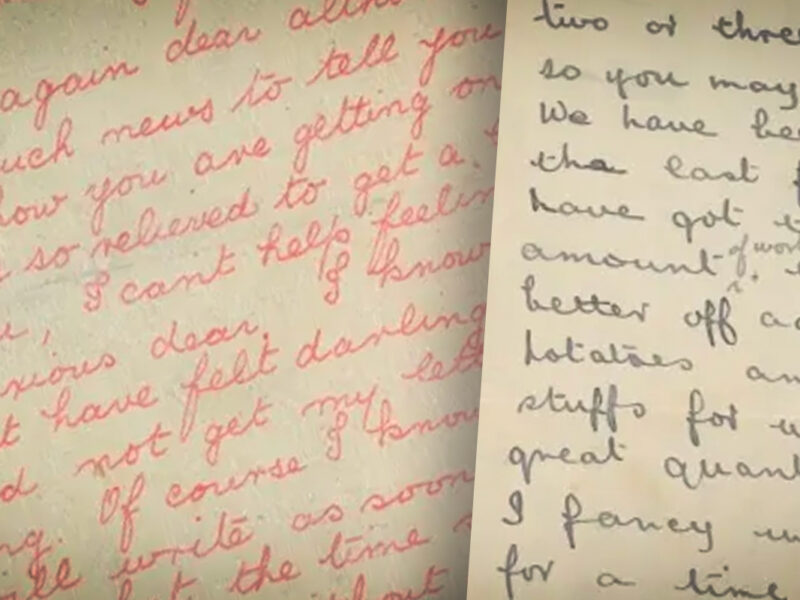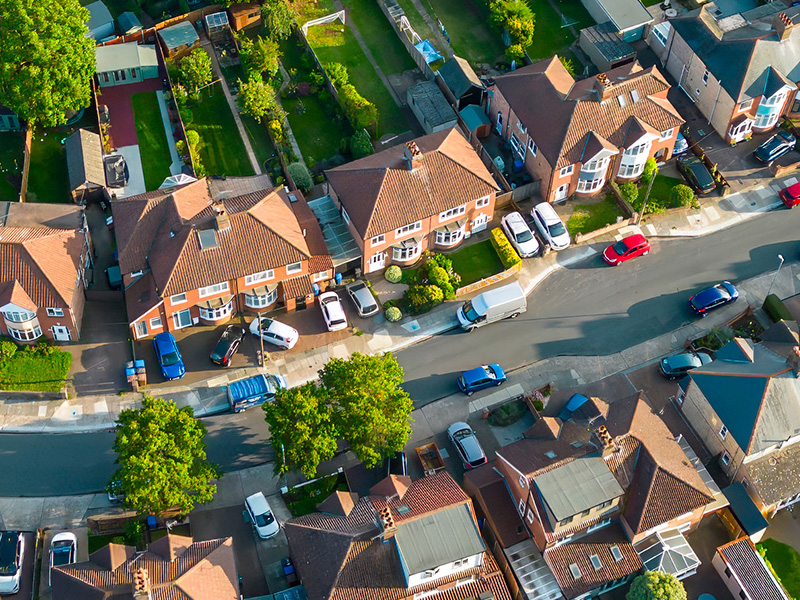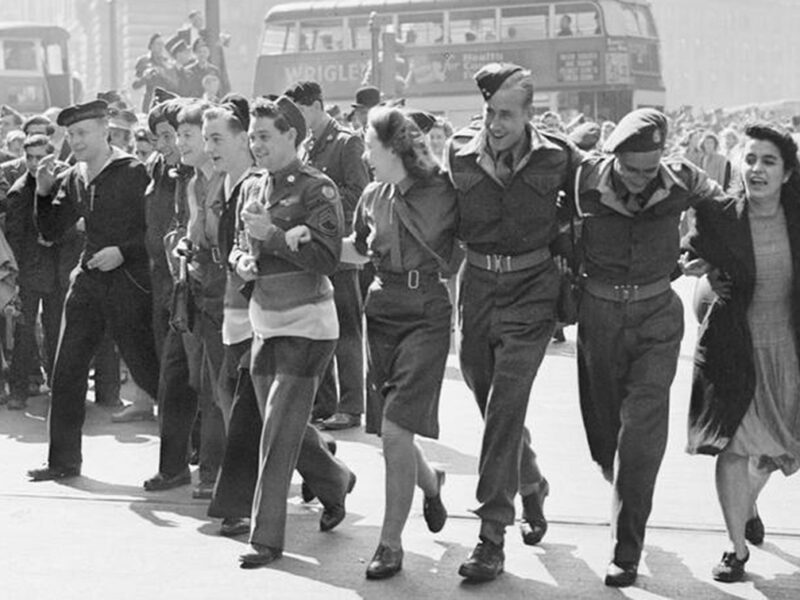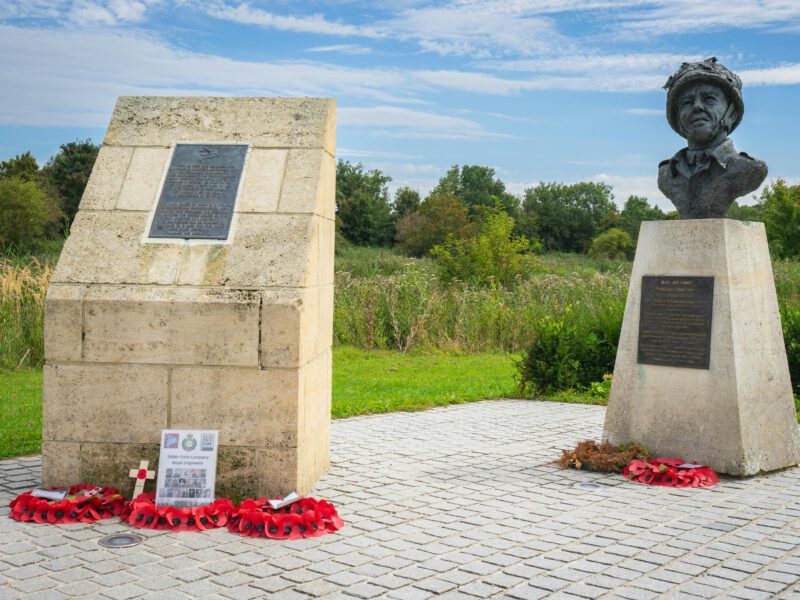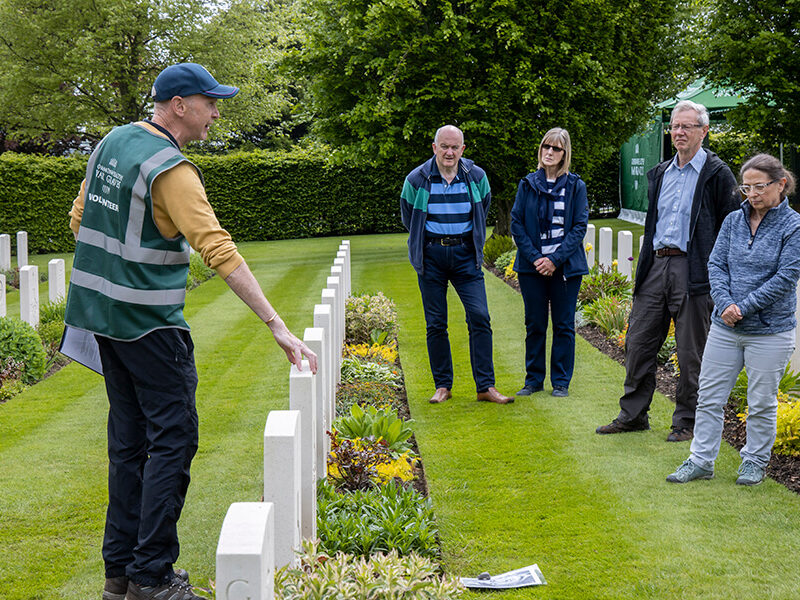Just before he died in 2004, my father Ted McLeay gave me two small boxes of letters that my grandmother Lizzie had kept. The first contained correspondence relating to her landmark appeal in 1926 for a WWI widow’s pension (donated to the Imperial War Museum in 2020), and the second was a bundle of 157 letters from Ted to Lizzie during WWII, including censored aerograms that were written on active service (they were microfilmed and hence readable at that time only with a magnifying glass).
Ted joined the RAF in May 1938, trained as a radio operator at Cardington and Yatesbury in 1939, worked on ‘direction finding’ (radar) at Biggin Hill in early 1940, and was posted just before the Battle of Britain to RAF Kirton-in-Lindsey in Lincolnshire where he operated a remote radar homer on farmland near the coast. Ted spent the following year on the Indian Ocean guiding flying boats, another year in Sierra Leone and Ghana (then the Gold Coast) where he worked closely with the resident cypher officer. His last posting was with 7th Squadron, guiding the bombers across the North Sea to and from RAF Oakington in Cambridgeshire.
One of his early letters tells Lizzie about a Heinkel attack. This was amongst the very few worrying accounts that he sent home, as most of the other letters to his mother are more reassuring – that he was in good health, keeping fit and eating well.
August 1940, RAF Kirton-in-Lindsey, Lincolnshire
“Up till yesterday evening we hadn’t even seen a Jerry but we had a ‘friendly’ Heinkel over last night. He came just in a nice light before dark and circled the drome. He then got up wind and came down from about 5000 to 200 ft, loosed a time bomb and scuttled for the coast. He got away. Clifford and I watched him circle and dive, everyone seemed to think it was a Hampden except us. Being in the line of fire from his machine guns, we hopped for the hedge in the road. Still he didn’t open up fire so we were OK. Anyway I’ll never mistake a Heinkel now.”
The last letters are particularly uplifting. In one of them, Ted talks about his plans to marry. In June 1944, just after he arrived at RAF Oakington from West Africa, he met Hilda Devlin who was originally from Worsley in Manchester. By then, they were both Corporals on the bomber base. It was an interesting time for Hilda in other ways as well – she was Mentioned in Despatches in June 1945 in recognition of her distinguished service at Oakington, something she always played down later.
Ted McLeay (left) Libreville Wireless HQ, October 1943
Hilda Devlin (2nd left), Trafalgar Square, May 1942
July 1945, RAF Oakington, Cambridgeshire
“I’m sure you will be happy to know that Hilda and I have decided it would be our best plan to get married in November, about the middle of the month. I know you think Hilda is a nice girl and I am sure you will agree she is the right girl for me. By the time we are married she will be eligible for discharge as a married woman though she would have to wait until the end of the Japan war otherwise. By the time I get out next summer she will perhaps have found somewhere for us to live though she will have to work I guess to keep our savings up.”
In fact, they lived with Lizzie for the first two years after marrying, in her small rented flat by Archway Road!

